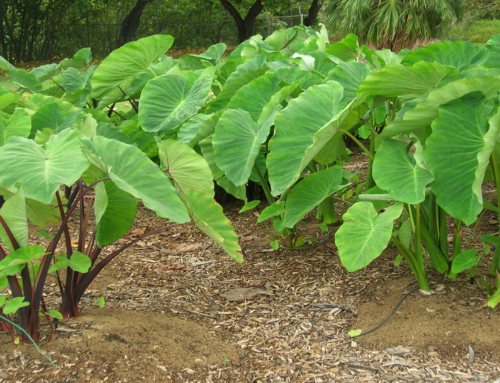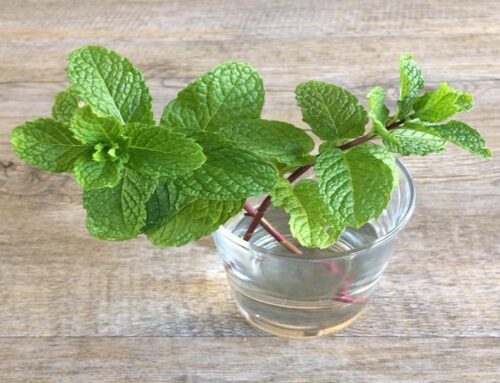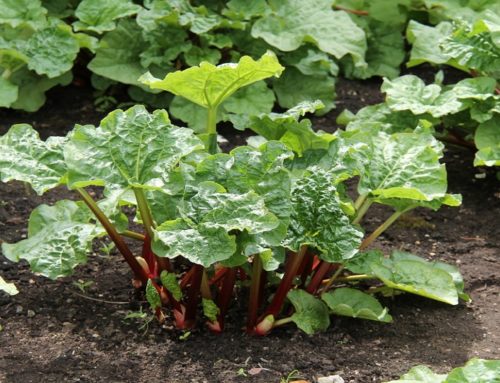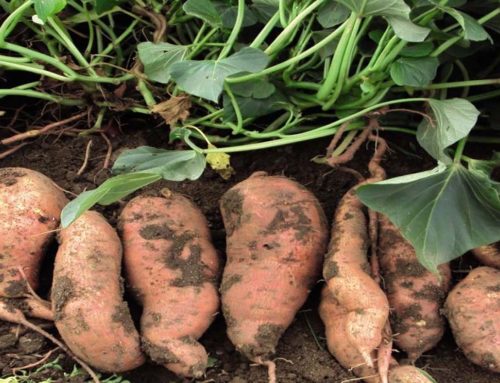Brussels Sprouts is an excellent source of Dietary Fiber (3.8g/100g): Dietary fiber is good for human body. High fiber foods are good for weight loss as they take long time to get digested and also make you feel full for a long period of time. High fiber food aids in digestion, cures constipation, lowers blood cholesterol, cleanses the gastrointestinal tract and may reduce the risk of developing diabetes and colorectal cancer.
Brussels Sprouts are excellent source of Vitamin C (85mg/100g): According to U.S. FDA (Food and Drug Administration), daily value (DV) of Vitamin C for an adult is 60mg (milligrams). It is a powerful antioxidant vitamin. Vitamin C helps in absorption of iron and calcium and also increases body’s natural immunity.
Vitamin C deficiency results in a disease called scurvy. Major symptoms of scurvy are bleeding gum, joint pain, and hair loss.
Brussels Sprouts is a moderate source of Potassium (389mg/100g): According to U.S. FDA (Food and Drug Administration), daily value (DV) of Potassium for an adult is 3500mg (milligrams). Potassium is an essential mineral that plays an important role in lowering blood pressure. It is also needed by our body for carbohydrate metabolism, fluid balance, growth and development, heart function, muscle contraction, nervous system function and protein formation.
Brussels Sprouts is a good source of Zinc (Zn): According to U.S. FDA (Food and Drug Administration), daily value (DV) of Zinc for an adult is 15mg (milligrams). Brussels Sprouts is a good source of zinc (0.42mg/100g). Zinc is essential for growth and development, and it also strengthens body immune system. Zinc is essential for regulating functions of our nervous system. Zinc helps in clotting of blood, thus helping in wound healing, and for the synthesis and digestion of proteins. It also helps in regulation of blood sugar and cholesterol. Zinc deficiency results in diarrhoea, loss of appetite, rashes on skin, weakness in sensing, night blindness, weak immune system etc.
Brussels Sprouts is an excellent source of Vitamin K (177mcg/100g): According to U.S. FDA, daily value (DV) of Vitamin K for an adult is 80mcg(micrograms).Vitamin K is essential for the formation of strong bones, for blood clotting, and for preventing heart diseases, cancer, and osteoporosis. Vitamin K deficiency results in bleeding gums and bleeding nose.
Brussels Sprouts is an excellent source of Vitamin E (0.88mg/100g): According to U.S. FDA (Food and Drug Administration), daily value (DV) of Vitamin E for an adult is 30 IU. Brussels sprouts contain good amounts of Vitamin E. It is a powerful antioxidant vitamin which helps in formation of new blood vessels and it also increases body’s natural immunity.
We have a book with detailed information on this plant and for more info, please click here…
Both kindle eBook version and Paperback version of this book is available at all Amazon stores. For more info, click here…
Brussels Sprouts is a good source of Folate (61mcg/100g): According to U.S. FDA (Food and Drug Administration), daily value (DV) of folate for an adult is 400mcg. Folic acid or Folate is essential for energy production from food. It helps in synthesis of nucleic acids and proper functioning of immune system and blood production by facilitating functioning of iron and increasing production of RBCs. It also helps in controlling amino acid metabolism. Major deficiency symptoms include birth defects in new born babies, diarrhoea, hearing loss due to ageing, improper functioning of immune system, weakness, fatigue and headaches. Regular consumption of folic acid helps in slowing down progression of hearing loss with ageing; to prevent birth related defects in new born babies; for protection from cancer, heart diseases, depression and degeneration of body due to ageing; and to prevent memory loss and osteoporosis.
Brussels Sprouts is a good source of Iron (1.4mg/100g): According to U.S. FDA (Food and Drug Administration), daily value (DV) of iron for an adult is 18mg. Iron is essential for RBC (red blood cell) formation and transfer oxygen between the tissues and within the blood. Red colour of blood is due to the presence of iron in it. Iron is essential for increasing body immunity and also for the synthesis of neurotransmitters. Iron deficiency results in anaemic appearances, and it also increases heart rate and breathing. Other symptoms of iron deficiency include poor immune system, yellowing of the body and severe headaches.
We regularly publish informative videos on various “Food, Agriculture, Gardening and Horticulture” topics. You may view these videos here…
You may also check out our Digital Publishing Services for Food, Agriculture, Gardening and Horticulture Sector by visiting this link







Leave A Comment
You must be logged in to post a comment.